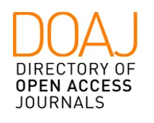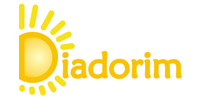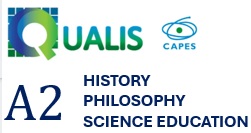Hacking on Unity, or How to Pluralize the History and Philosophy of the Sciences
DOI:
https://doi.org/10.24117/2526-2270.2023.i15.05Keywords:
Ian Hacking, Unity, Singleness, Integration, PluralismAbstract
In this paper, we analyze Ian Hacking’s conception of unity regarding the sciences and try to use his categorization to reinterpret some of the major unitarian philosophies of science of the twentieth century. In two of his papers, Hacking (1992a, 1996) proposed a dual notion of unity – “singleness” and “harmonious integration” –, which, although apparently simple, help us complexify the very notion of unity and its counterpart, plurality. To do so, and after a short review of unity qua ideology (section 2), we shall look into Hacking’s classification of unities and its relation to plurality in the sciences (section 3); then, we shall describe and qualify the notions of scientific unity in some of the most relevant philosophies of science (section 4); finally (section 5), we shall use this analysis to engage with and criticize the notion of “special sciences” and its relationship to the notion of “general science”. One of the main conclusions will be that a pluralist conception of unity is possible through the notion of integration.
Downloads
Published
Issue
Section
License
Copyright (c) 2023 Joseba Pascual-Alba, Jaume Navarro

This work is licensed under a Creative Commons Attribution 4.0 International License.












